Things You Use Today That Won’t Be Around In 20 Years
Technology has rapidly changed the way we live, work, and play. For the past few decades, home computers, smartphones, and other devices have made a huge impact in how people function on a day-to-day basis. But this technology has also made some items obsolete.
Over the next 20 years, people won't be using some of the things we rely on today, largely due to technological advances. This can involve everything from a glossy magazine you can get at a grocery checkout line to an alarm clock. Check out some of the items that are going the way of the Dodo bird...
Smartphones Will Eventually Replace Wallets
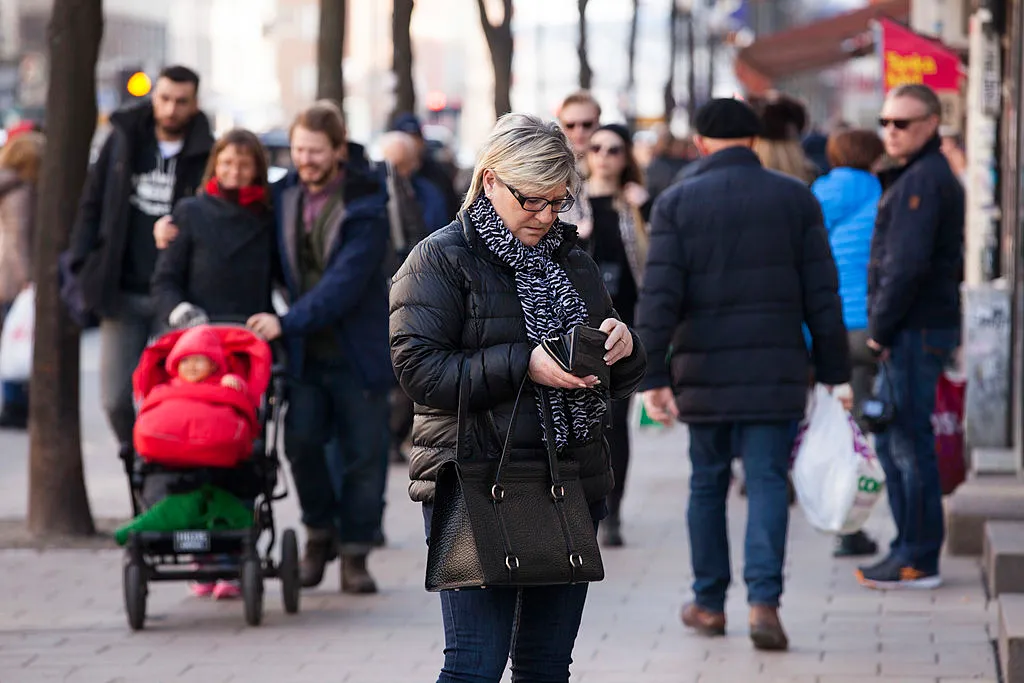
We carry many things in our wallets, including cash, credit cards, and our driving licenses. But eventually, we won't have anything to put in them. Even now we can use apps such as Apple Pay and Samsung Pay to buy Starbucks coffee and other items instead of using our credit and debit cards.
Physical IDs such as driver licenses may also eventually disappear if self-driving cars become the standard and we don't need them anymore. Many people are currently using their phones in place of cash money exchanges, so it's highly likely our phones will replace our wallets at some point.
Shopping Malls Are Declining In Popularity

Shopping malls were very popular in the 80s and 90s (just watch season three of Stranger Things on Netflix, and you'll see what we mean). Teenagers spent a lot of time hanging out there with their friends, particularly in suburbia. That was when kids saw each other more often face to face instead of via social media.
Yet, malls are declining. Many have closed, and instead of shopping in person for birthday and holiday gifts, people are increasingly turning to the internet. It doesn't hurt that you can often find better deals online, and you don't even have to leave the comfort of your couch.
Car Mirrors Will Be Replaced With Cameras

Today we don't have to rely as much on skill when driving compared to a few years ago. That's because cameras are becoming standard in new vehicles. As of 2018, all cars must have rear view cameras installed. Eventually, cameras will also replace side-view mirrors to help drivers have a better range of view and to eliminate blind spots.
In addition, automakers are working towards perfecting autonomous vehicles, which will increase the use/need of cameras even more. Mirrors will become obsolete (but we hope they keep the vanity ones on the visors).
Soon You'll Use An App Instead Of A Parking Meter
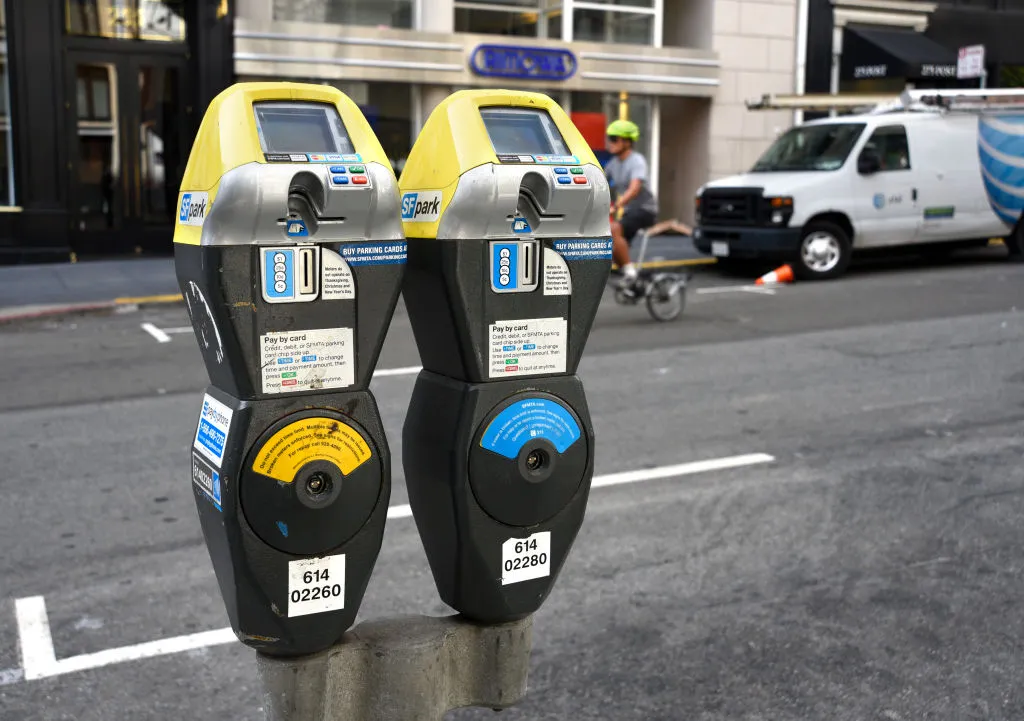
You may have already noticed this trend. Instead of parking meters, many American cities are changing over to parking apps. This allows you to pay for your time on your phone instead of constantly returning to your car to pay the meter. It can be irritating to have to check your watch to make sure you don't get a ticket while walking around town.
While some meters these days accept credit and debit cards, it's likely these machines will soon be upgraded as well. We have a feeling no one will miss the days of searching their cars for coins in order to feed the meter.
Facial Recognition, Fingerprint Scans, & Other Biometrics Will Take The Place Of Passwords
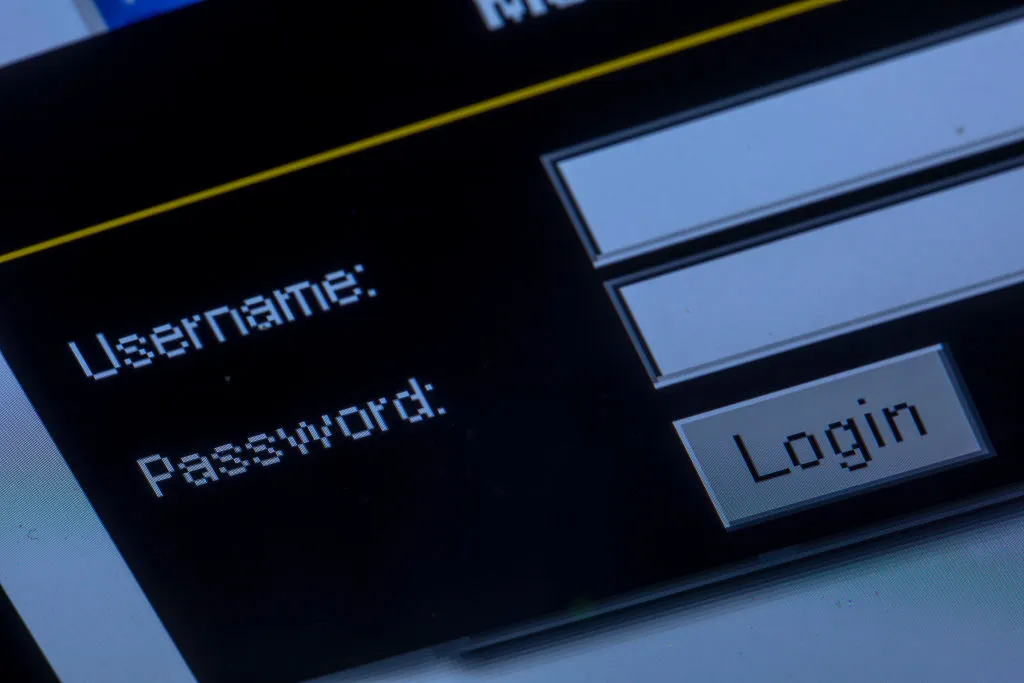
Now this is something we look forward to because remembering passwords, changing passwords, and dealing with identity theft related to passwords can be a huge pain. The biggest problem is we're supposed to come up with ridiculous combinations to make our passwords safe, and they're impossible to retain.
Eventually, biometrics will replace passwords. This will include fingerprint and iris scans as well as voice and facial recognition. Apple has already incorporated some of these features to replace passwords on certain apps. There's even technology that identifies the veins in people's hands (which sounds kind of icky).
Headphones With Cords Are Simply Not As Comfortable

When people first started wearing Apple Airpods, more than a few of them got some strange looks. However, they knew what they were doing by using the cordless devices. They give you much more freedom of movement! Regardless of what type of earbuds or headphones you prefer, cords can sometimes get in the way.
This is especially true if you wear headphones while working out or performing other types of physical activities. Other smartphone brands are following in Apple's footsteps by eliminating audio jacks. Before long, most people will be using Bluetooth-enabled headphones minus the cords.
CDs, DVDs, Paper Books, & Other Types Of Media

People love listening to music, reading a favorite book, or watching a funny film. These days you can do all of that online. Yet, some people are still hanging onto CDs, paper books, and DVDs. Yet, it's inevitable that streaming services and online subscriptions will at some point completely take over physical media.
It's much simpler to purchase these items online and have access to them immediately than to drive to the store, pick out a product, and then take it home to enjoy. The biggest hold out will be paper books because a lot of people still enjoy the feeling of a good novel in their hands instead of a cold tablet.
GPS Devices Are No Longer Necessary
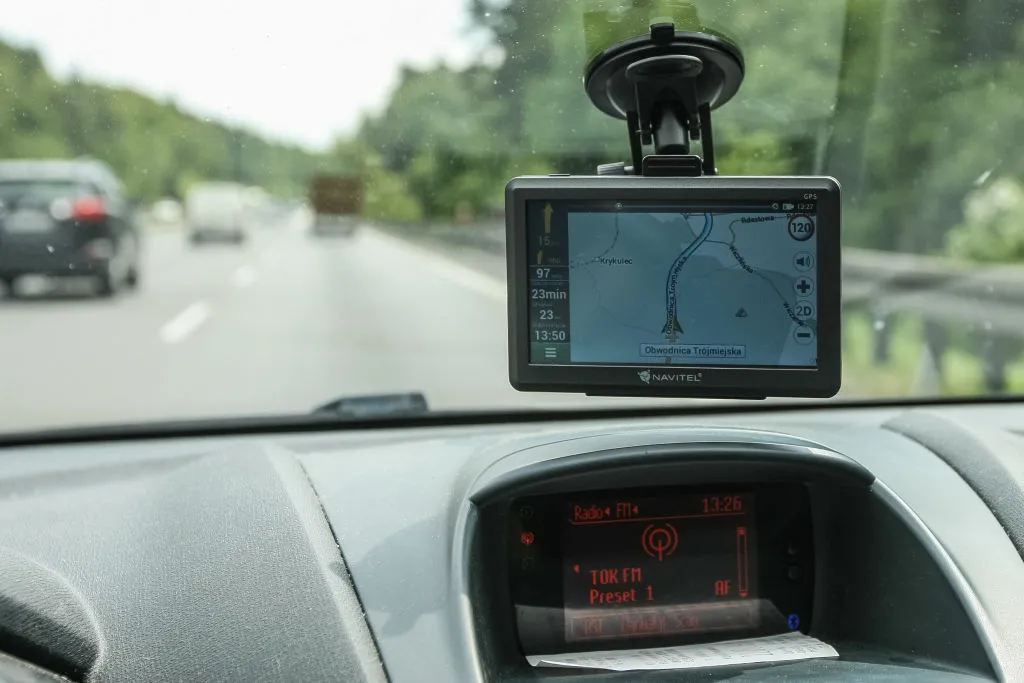
GPS devices are slowly decreasing in popularity. There was a point when they were really popular, especially for travelers who were driving or hiking in unknown areas. Yet, they aren't as necessary as they used to be, and fewer drivers than ever are relying on them to get them where they need to go.
Phone carriers are providing longer-lasting batteries as well as better data plans, which allows users to tap into their smartphones instead of a GPS device. Plus, Google Maps and Waze are all the rage these days. Eventually, self-driving cars will replace those apps as well.
Paper Bills Will Be Replaced By Online Payments

Have you noticed how many companies want you to go paperless? Everyone from the electric company to your credit card issuer wants you to do everything online. First, it saves them money from having to mail out a bill. Second, it makes it more convenient for you to pay using your computer. Plus, you don't have to buy a stamp.
Also, automatic bill paying is becoming the norm. You no longer have to worry about paying your utilities or other bills on time. You can do this with a computer or even your smartphone.
Instead Of Plug-In Phone Chargers, People Will Rely On WiFi
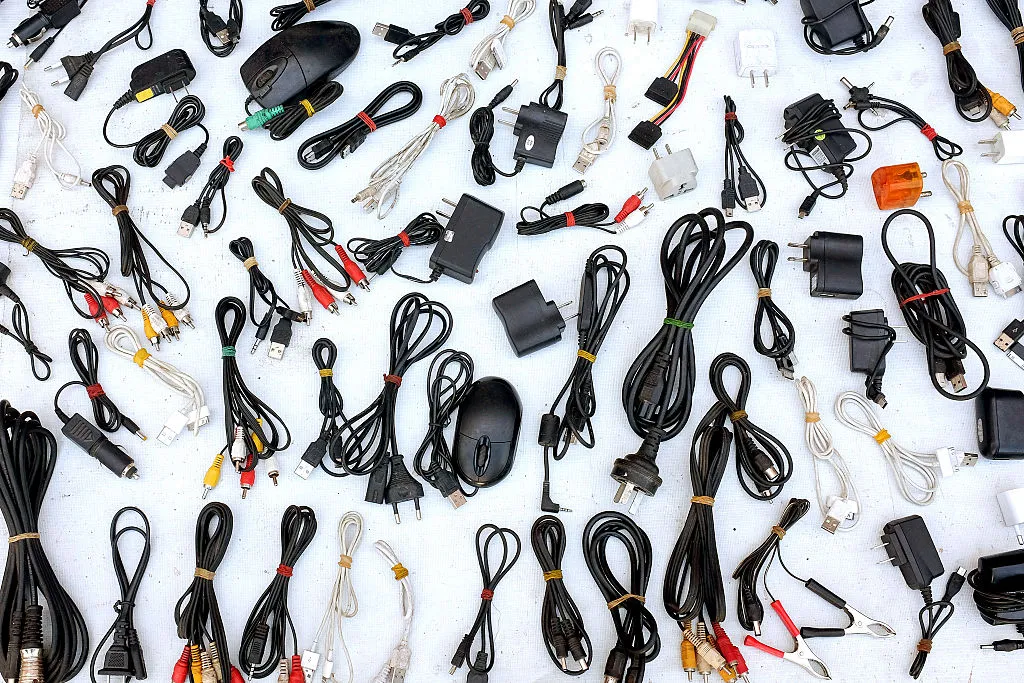
It can be frustrating if you've left the house with a half-dead phone battery, and you don't have access to a charger. This can be particularly irritating if you use it to pay for things (i.e., with Apple Pay) or it has tickets on it for an upcoming concert or movie. You may have to rent a charger from a kiosk at the (soon to disappear) shopping mall.
The good news is that some companies are creating technology that will charge your phone using cellular and WiFi signals. These wireless chargers will work similarly to a plug-in wall charger.
Washers And Dryers May No Longer Exist
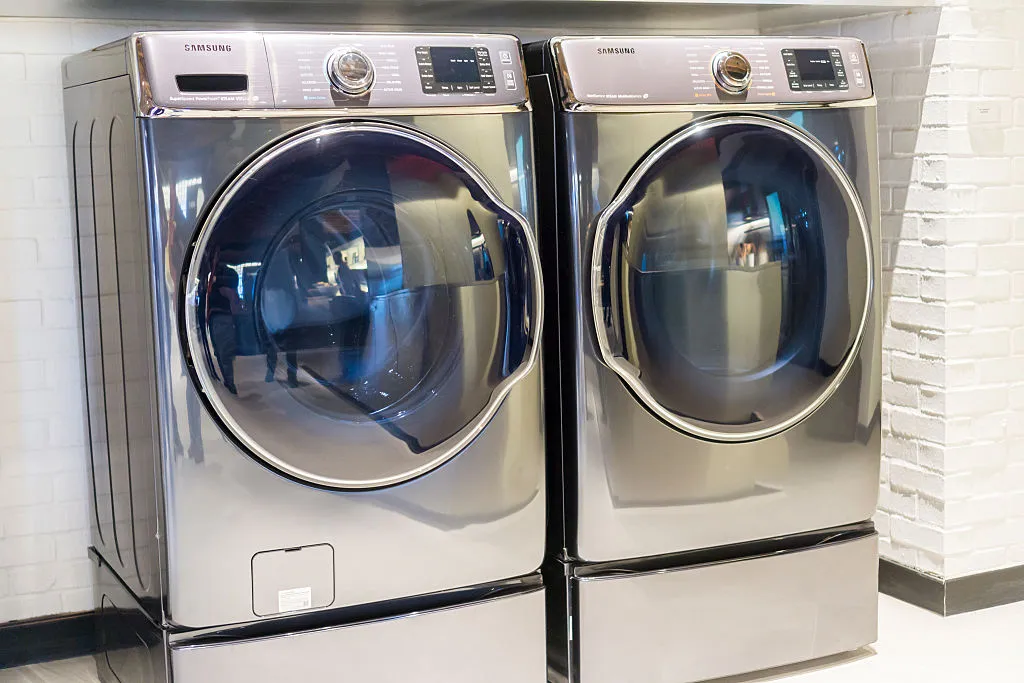
Most people aren't that jazzed about doing laundry. It's a chore that can take a bit of time because you have to sort the laundry, load it in the washing machine, hang certain things up to dry, put the rest in a dryer, fold the clothes when they're done, and then put it all away in your dresser or closet.
Well, researchers are developing a special coating that allows clothing to be cleaned simply by being exposed to sunlight. This would eliminate the need for a washer or dryer. It sounds too good to be true, but it would save a lot of time. Unless you live in Seattle, Washington, or England where they rarely get sun.
People Will Be Happy When Needle Injections Are Eliminated

You don't have to be a kid to hate needle injections. However, they're a necessary medicine as well as a precaution to help against a variety of diseases, including the dreaded flu. Fortunately, scientists are working on an alternative that will involve an injection that doesn't puncture one's skin.
One such device inserts substances at super-high speeds that put a minuscule hole into the skin. Another involves swallowing an injection, which would help cancer patients and those who need vaccines.
Pennies Currently Cost More To Make Than They're Worth
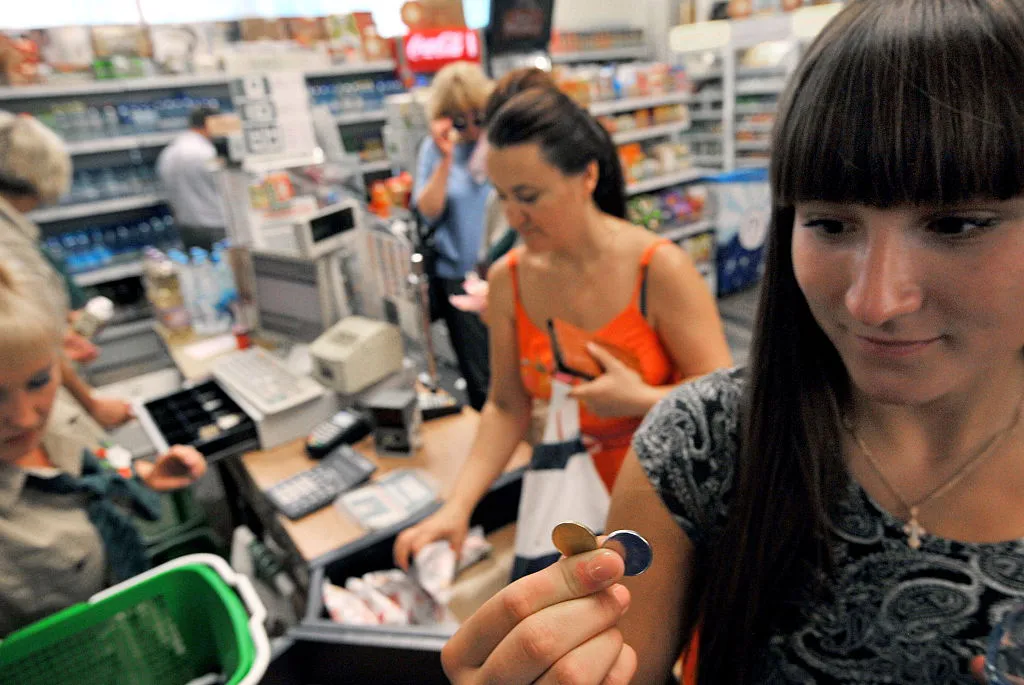
There's really not much you can buy with a penny these days. Unless you collect a lot of them over an extended period of time, they don't have a lot of worth. They're more of a nuisance than anything and can take up a lot of space in your wallet or coin purse. Interestingly, it costs 1.7 cents to make a penny in the United States, and it's only worth one cent.
The downfall of the penny is inevitable. Instead, the United States may follow in the footsteps of countries such as Canada and Australia by rounding up to the nearest five-cent increment. Since copper is becoming more expensive, copper pennies are sure to disappear.
Checkout Lines Will Become A Thing Of The Past

Waiting in a checkout line can be annoying, especially if you're in a hurry. Yet, if you have to visit the store you really can't escape it, particularly if it's very busy. The alternative is shopping online, but what if you want to feel a product in person or just browse a variety of items?
To keep people in stores and offline, some companies are in the process of creating stores in which you don't have to stand in a checkout line. When you put an item in your bag and leave the store, your smartphone is automatically charged.
Why Use An Alarm Clock When A Smartphone Will Do?

Alarm clocks are a necessity for most people, particularly those who stay up late, have early appointments, or don't sleep very well at night. However, most people don't buy alarm clocks anymore. They simply rely on their smartphones to wake them up. As far back as 2011, the majority of people used phones instead of alarm clocks.
These days, anyone in the alarm clock business is winding down (no pun intended). Most people keep their smartphones next to their beds at night anyway, so why do they need an alarm clock?
Digital Keys Will Usurp Metal Keys
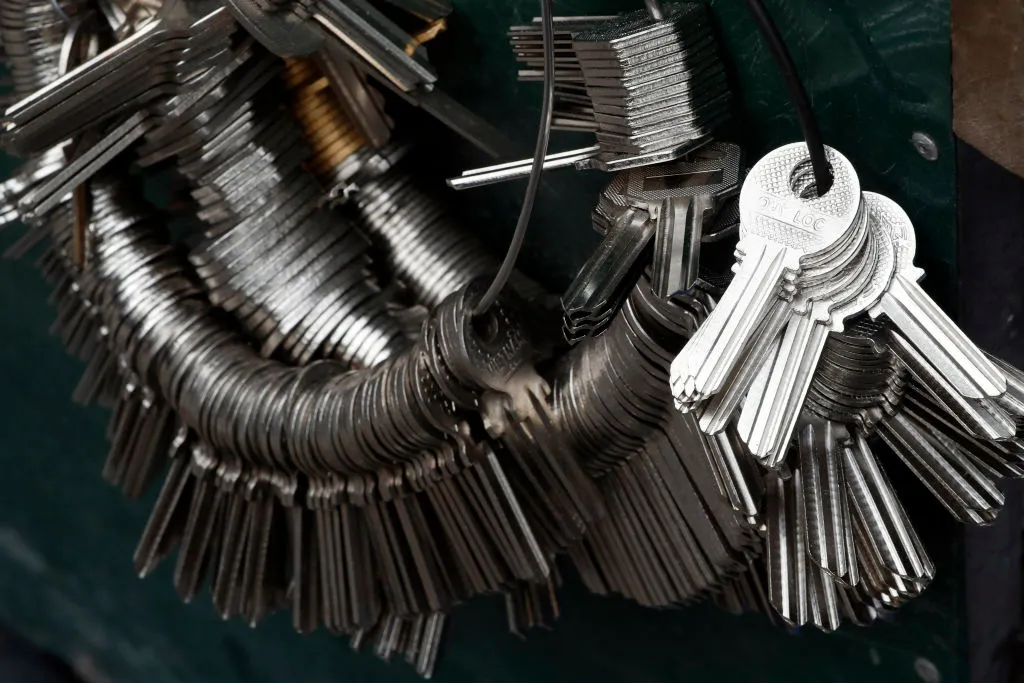
How many keys do you have on your key chain? And how many are orphans and you have no idea what they open? In the not-so-distant future, metal keys will become obsolete. They will be replaced by electronic keypads, other portable devices, or by your smartphone.
Already a lot of vehicles have push-button starters and keyless fobs. Soon digital keys and Bluetooth will unlock doors. They will also be programmed to allow entry only during certain times. Some hotels and automakers such as Land Rover are already using smartphones to access rooms and SUVs.
Print Magazines and Newspapers Are Increasingly Going Digital

It wasn't too long ago when people got a good chunk of their news from newspapers. And even these days you can buy a newspaper at the grocery store or local gas station. These stores also feature glossy magazines, from Better Homes and Gardens to People and Car and Driver.
However, print newspapers and magazines are on the decline. More and more of them are opting for digital versions, and people gobble them up online. People are slowly eschewing print media to read their favorite articles on their phones, computers, and tablets.
Stand-Alone Calculators Are Simply No Longer Needed
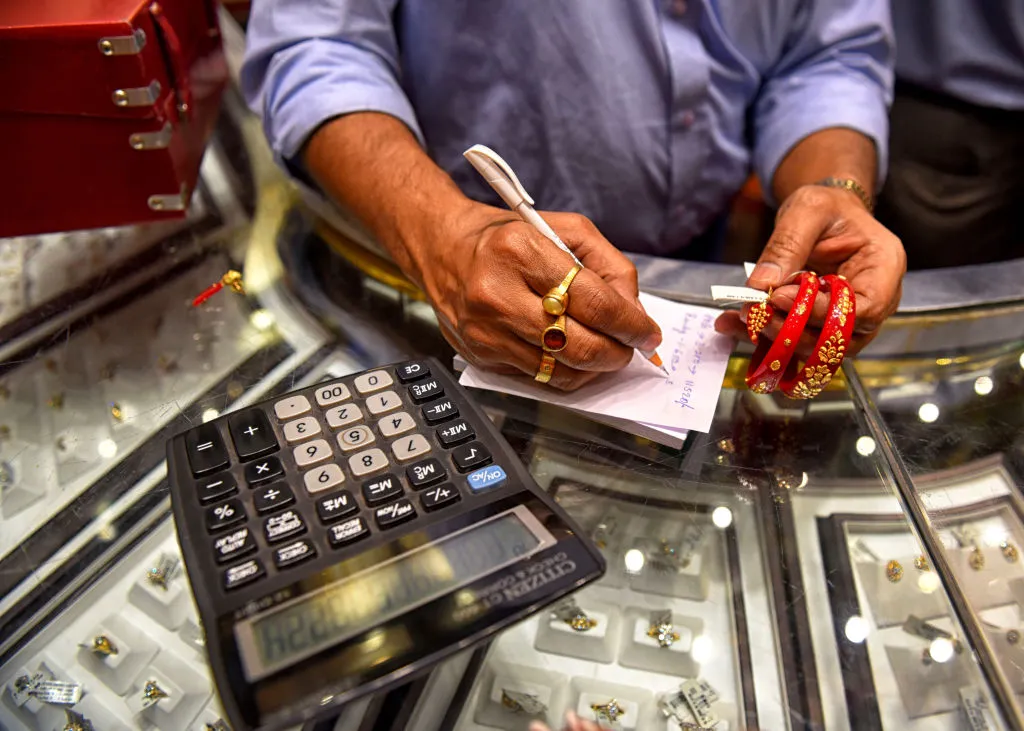
Most people can appreciate a good calculator. It can be very helpful, particularly if you've been out of school for a while or aren't particularly good at math. For years, they were an office staple, and many people kept them on their desks. But technology has shifted, and calculators are no longer stand-alone items.
Most people use the calculators that come on their smartphones. They are able to perform most basic functions, and if there's something more complicated, you can simply refer to Google, Alexa, or Siri.
Landlines Are Going The Way Of The Rotary Phone

Fifteen years ago, more than 90 percent of Americans still used landlines in their homes. That percentage dropped to 43 percent in 2017. Slowly but surely, people are dumping their landlines in favor of digital technology. Yet, there are still a few holdouts (particularly of the elderly variety).
But at some point, landlines will disappear completely. Nearly everyone has a cell phone these days, including kids and senior citizens. AT&T is opting to discontinue landlines by 2020.
Buttons On Phones
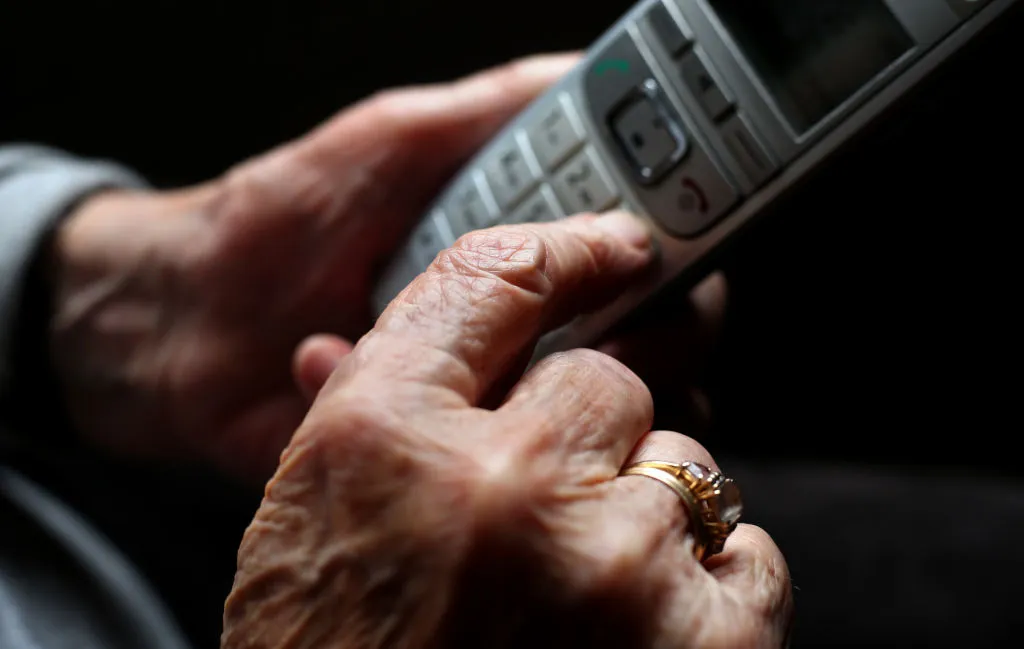
Speaking of phones, we've come a long way since rotary phones (which many Gen Zers probably have no idea how to operate). They were replaced by push-button phones, which are also on their way out, including push-button cell phones. Smartphones have been using touch screens since the '90s.
However, many people liked the feel of push buttons, so they remained for a long time. Then Apple went a step further by eliminating the home button on the iPhone X, and it won't be long before others follow suit. Facial recognition is just one of the workarounds for buttons.









